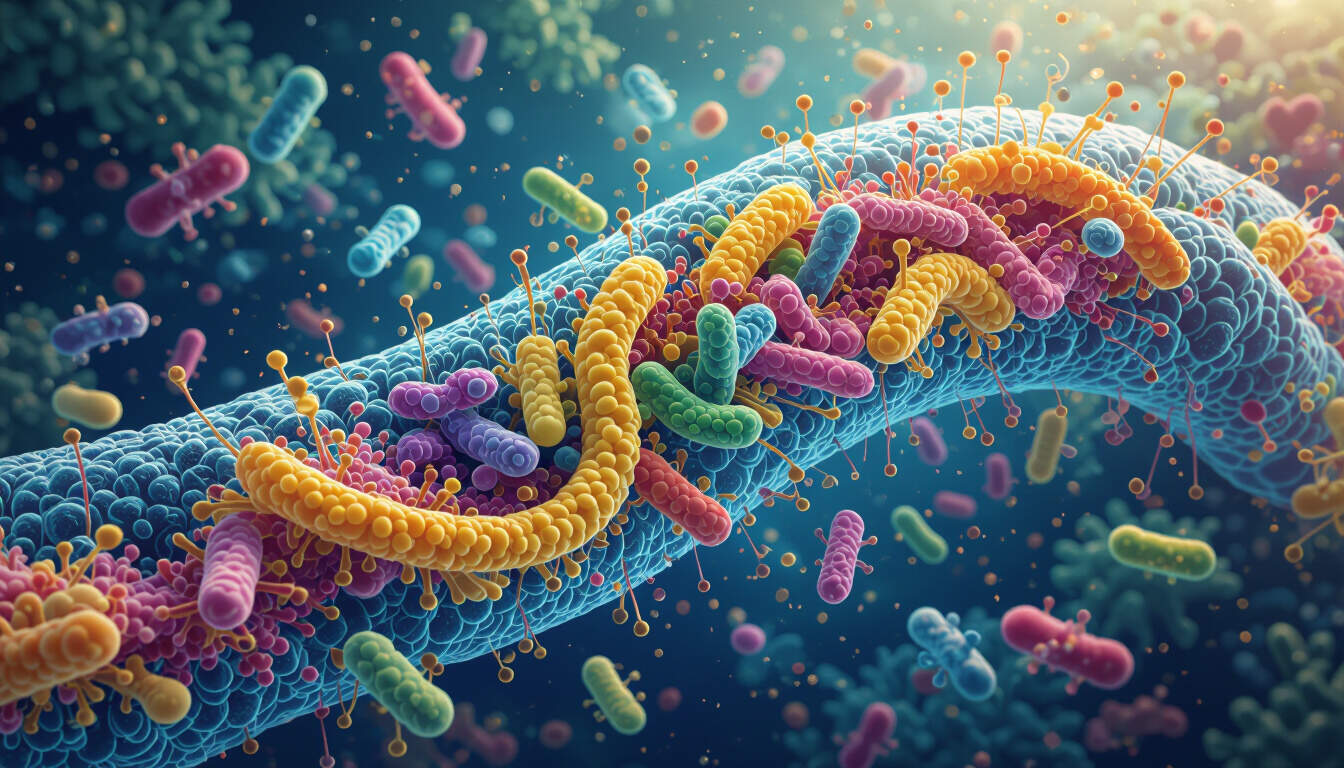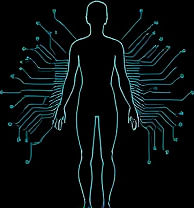Enhancing Gut Microbiome Diversity for Better Health
 by Marlene Keeling
by Marlene Keeling
Gut microbiome diversity plays a key role in overall wellness, influencing digestion, immunity, and even mental clarity. By focusing on diet, supplements, and tech tools, individuals can improve this diversity for enhanced vitality and performance.

Gut microbiome diversity refers to the variety and balance of microorganisms living in the digestive system. This aspect of health offers significant potential for personal enhancement through targeted strategies.
Maintaining a rich array of gut bacteria can lead to improved digestion and nutrient absorption. For instance, a diverse microbiome supports the breakdown of complex foods, ensuring the body gets essential vitamins and minerals. Probiotics often come into play here, as they introduce beneficial bacteria to foster this balance.
In terms of broader health benefits, a varied gut ecosystem correlates with stronger immune function. Bacteria in the gut help regulate inflammation and protect against pathogens. This makes diversity a cornerstone for those seeking long-term wellness. Wearable technology, such as fitness trackers that monitor activity and sleep, can indirectly support this by promoting habits that favor microbial health.
One way to boost gut microbiome diversity is through dietary choices. Incorporating a wide range of plant-based foods, like fruits, vegetables, and whole grains, provides the fiber that feeds beneficial bacteria. Fermented foods such as yogurt and kimchi add live cultures that enhance the microbial community.
Nootropics, substances that support cognitive function, can also intersect with gut health. Certain compounds, like those found in omega-3 supplements, may influence the gut-brain axis, potentially improving mood and focus alongside microbial diversity. This connection highlights how optimizing one area can benefit others.
Strategies for Daily Optimization
To make changes practical, start with simple routines. Aim for a diet rich in prebiotic fibers from sources like onions and garlic, which nourish existing gut bacteria. Regular exercise plays a role too, as physical activity encourages blood flow and reduces stress, both of which support microbial balance.
Tracking progress is easier with modern tools. Wearable devices that measure heart rate variability or sleep patterns offer insights into how lifestyle affects the gut. By analyzing this data, individuals can adjust their habits for better outcomes. For example, ensuring adequate rest can prevent disruptions to the microbiome caused by poor sleep.
Personal enhancement through biohacking often involves experimentation. Trying different probiotic strains or fiber sources allows people to see what works best for their body. Over time, this tailored approach can lead to noticeable improvements in energy and resilience.
The Science Behind It
Research shows that a diverse microbiome is linked to reduced risk of chronic conditions. Studies indicate that individuals with greater bacterial variety experience fewer issues with weight management and metabolic health. This evidence underscores the value of proactive steps in daily life.
In the context of nootropics, some natural options like bacopa monnieri may support both brain function and gut integrity. By promoting a healthy inflammatory response, these supplements contribute to overall system harmony. Wearable technology complements this by providing real-time feedback, helping users stay accountable to their goals.
Motivation comes from seeing results. Many report feeling more alert and balanced after prioritizing gut health. This self-improvement journey, fueled by science and technology, empowers individuals to take control of their well-being.
Overcoming Challenges
Common obstacles include inconsistent habits or environmental factors. To address this, focus on building routines that are sustainable. For example, meal planning with diverse foods ensures variety without overwhelming effort. Hydration and stress management are also key, as they influence the gut environment.
Wearable tech aids in this process by alerting users to patterns, such as irregular sleep, that might affect diversity. By making adjustments based on data, people can maintain progress over time.
Ultimately, enhancing gut microbiome diversity is about creating a foundation for vibrant health. Through thoughtful choices in diet, supplements, and technology, anyone can achieve greater vitality and cognitive sharpness. This approach not only improves physical health but also supports mental clarity, making it a vital part of modern self-improvement.
